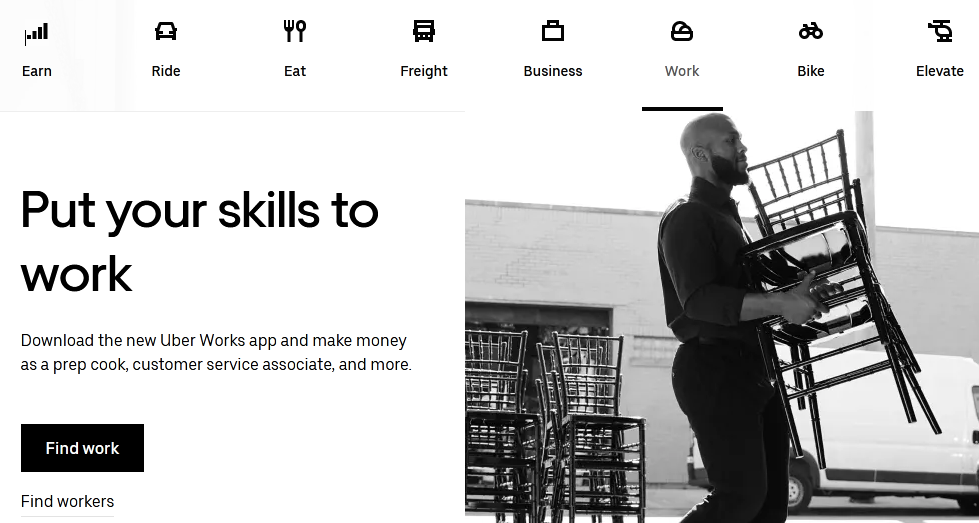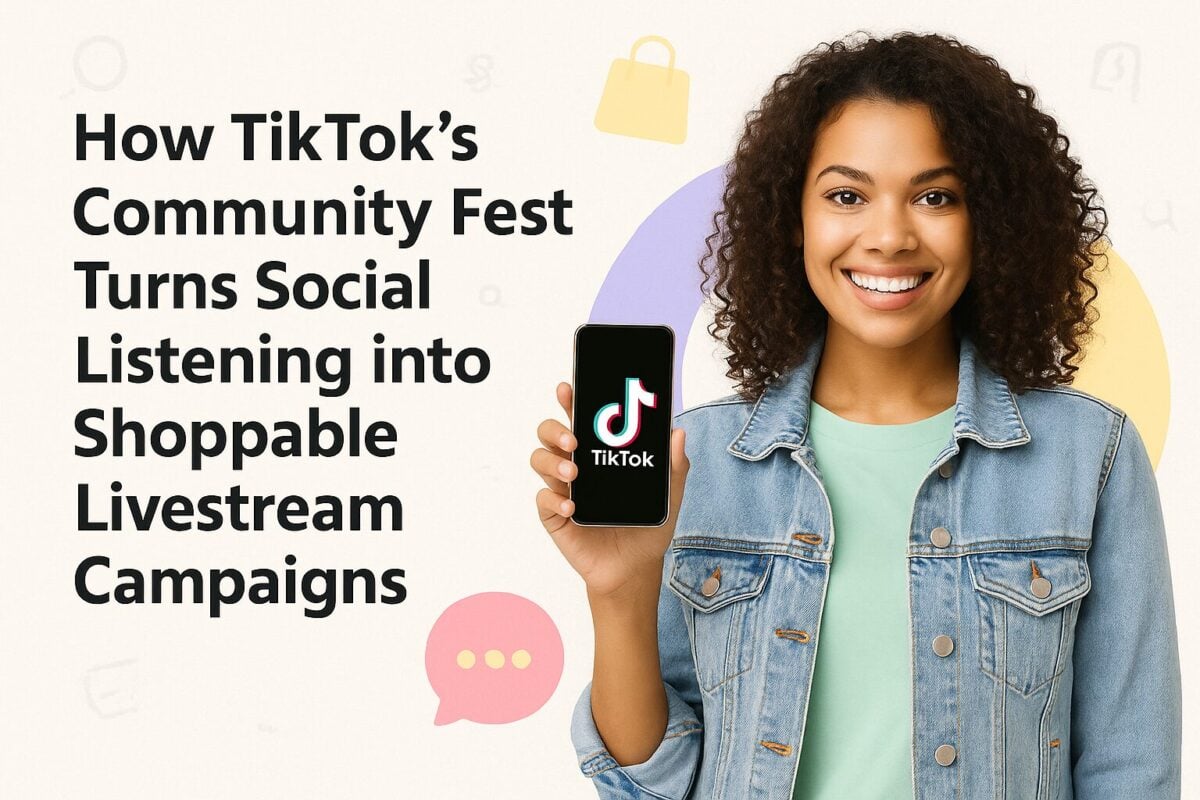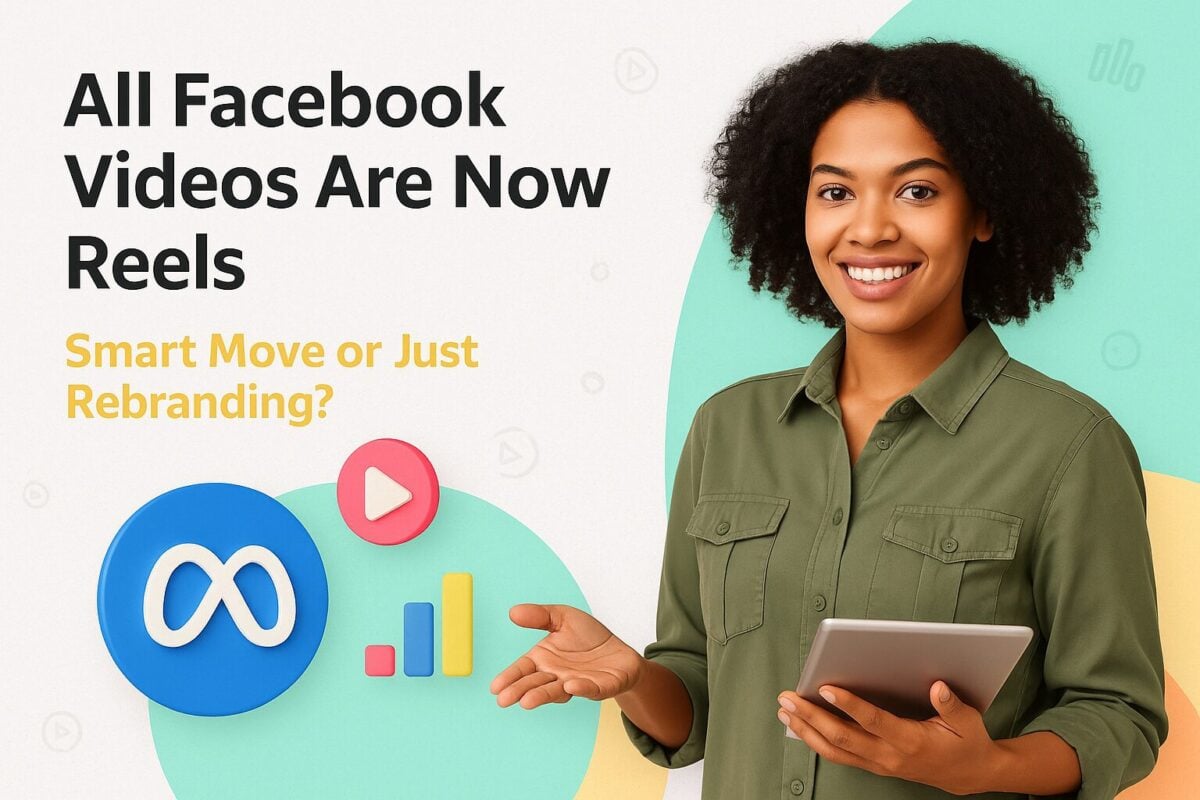If you are a startup owner or planning to become one, the road ahead is rough. We don’t mean to discourage you, but the truth is that 20% of startups fail in their first year and nearly 50% of them close down within five years.
The reason is that startup owners simply have too much on their plates. Startups are typically manned by individuals or small teams that juggle many roles. With so much going on, marketing and sales may take a back seat, which is really unfortunate.
A survey of 1,000 small business owners revealed that only 56.9% had dedicated teams for marketing and 49.7% spent less than two hours weekly on marketing. Without marketing, it can be difficult to drive conversions, and that can spell doom for a small business.
The good news is that there is a lot more easily-accessible advice on marketing and sales to guide entrepreneurs in this digital era than was available before. This post discusses tips and tricks that a startup owner and marketer should master.
8 Sales and Marketing Tips for Startups:
- The Best Sales and Marketing Tips for Startups
- Tip #1: Research Your Target Market Thoroughly
- Tip #2: Earning Customer Trust is a Priority
- Tip #3: Create Memorable Marketing Messages
- Tip #4: Attend Industry Events
- Tip #5: Invest in Social
- Tip #6: Focus on Customer Experience
- Tip #7: Sell First, Build Later
- Tip #8: Reward Loyal Customers
The Best Sales and Marketing Tips for Startups
Googling “best sales/marketing tips” is as easy as finding the best shepherd's pie recipe. Everyone has their own version of the “best.” A busy startup owner doesn’t really have the time or funds to experiment when the stakes are so high. And, we understand that.
That’s why we’ve identified 8 effective tips used by successful startups to accelerate their sales and marketing.
Tip #1: Research Your Target Market Thoroughly
This seems to be a no-brainer but it’s something that 42% of small businesses get wrong. They don’t assess the needs of their target market correctly. They build products that the market doesn’t need or appreciate.
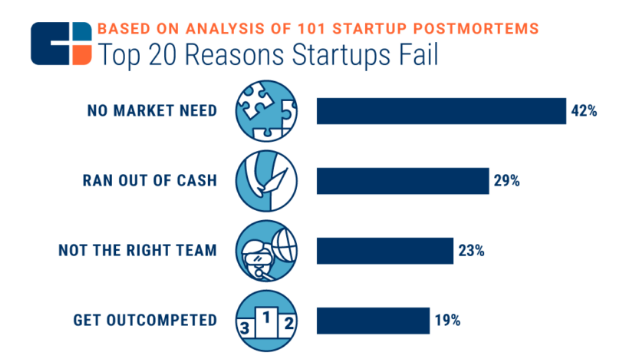
Source: cbinsights.com
While you may be excited about your new product or service, it may not click as well with your consumers. Every new product or marketing campaign should be planned with the intended audience in mind.
All great products helped people overcome some pain points or challenges. For instance, ride-sharing apps like Lyft and Uber recognised that commuters want the comfort of on-demand cabs that they can book via a nifty app. People also wanted affordability, cleanliness, and safety.
They designed and marketed their service according to customer needs and were successful.

Source: play.google.com
Uber went a step ahead and added options like “earn by recommending friends” and “create a commute program for your employees.” Companies can get an all-in-one dashboard to manage their employees’ travel accounts on Uber.

Source: uber.com
Once their product was a hit, they identified another gap in the services industry. People wanted skilled handymen who are available on-call and charged by piecemeal. Uber grabbed the opportunity and launched the Uber Works app. It houses a rich database of gig workers that are verified by Uber. Needless to say, the app is a big hit.
Tip #2: Earning Customer Trust is a Priority
The value of customer trust cannot be downplayed for any business, but it’s especially important for startups. According to Edelman’s Trust Barometer, 67% of people will buy from a reputable brand but eventually, they will stop buying from the brand if they don’t trust it.
The catch here is “reputable.” Startups don’t have a legacy behind them or a bigwig as a godfather. Why should customers trust them in the first place?
A startup needs to earn customer trust and this should be their top priority. Once consumers develop trust in a brand, repeat and referral sales will keep the cash registers ringing. This has been termed as “Trust Economy” by business experts.
Here are five ways startups can earn trust:
- Have a consistent brand identity across your website, social accounts, and print materials.
- Publish social proof such as customer reviews and Play Store rankings.
- Create business accounts on online directories like Google, Bing, Facebook, and Yelp. Your NAP (name, address, and phone number) should be consistent in all of your listings. All the other information should also be accurate, complete, and updated.
- Have an easy return policy, no-obligation trial period, and/or flexible subscription model.
- Showcase your human side by posting candid content shared by customers and employees. You can support a relevant social cause to do this as well.
Tip #3: Create Memorable Marketing Messages
Consumers are bombarded by marketing messages daily from radio, TV, social media, newspapers, and other channels. There is such an information overload that people are tuning out or blocking most messages.
In fact, 74% of consumers are using some form of ad avoidance strategy. They are either using ad blockers, or switching to ad-free channels, or are paying for uncluttered streamed media.
The key is to create a message that is distinct and memorable so that it leaves an impression in the audience’s mind. For that, you need to highlight your unique selling proposition (USP). Explain how you’re different from competitors and have data to back up your claims.
For example, all grocery delivery services talk about doorstep delivery and farm-fresh produce. Milkbasket differentiated themselves by promising 5 AM delivery for all orders. This struck a chord with office goers and busy moms who form the brand’s target market.
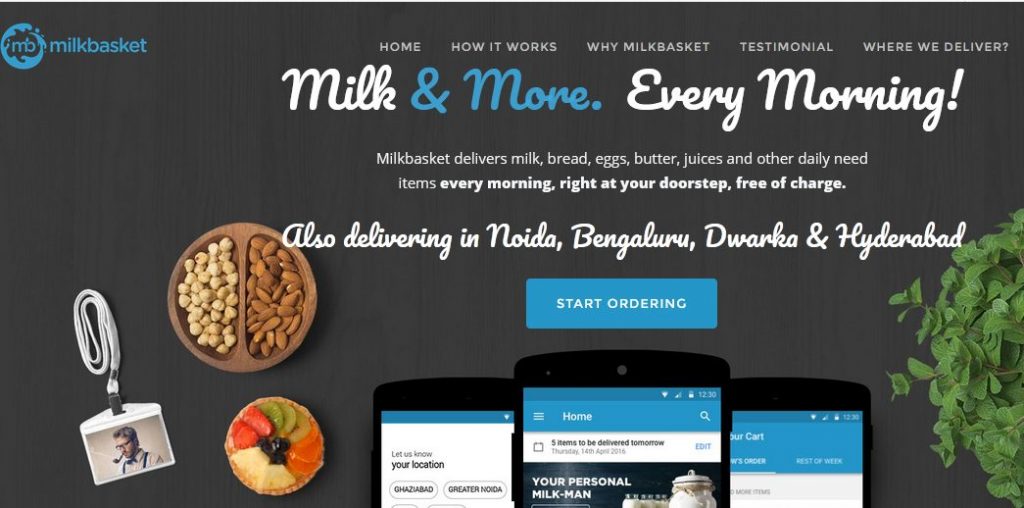
Source: milkbasket.com
Another way of making your marketing message stand out is latching on to a current trend. Duracell did so after the release of Star Wars. They launched an advertising campaign showing Darth Vader putting Duracell batteries into his sabre. Since the sci-fi thriller is a favourite of the masses, audiences instantly made the connection.

Source: in.pinterest.com
Wordplay plays a critical role in evoking emotions. In your marketing message, you should use imagery and powerful words to stir emotions. Pharmaceutical brand, Advil, which manufactures painkillers like Ibuprofen nailed this tactic with their “More powerful than pain” advertisement campaign.

Source: in.pinterest.com
Tip #4: Attend Industry Events
Though marketing is shifting to virtual channels, face-to-face interactions with end-users are still one of the best ways to sell and market. Industry events are an ideal place to network. You get to converse with contemporaries, investors, and experts from your domain.
If you have the budget, you can consider co-sponsoring an event looking for speaking opportunities. By doing this, you can pitch your product and company in an impactful way. If you bag a few accolades, you can establish credibility in the marketplace. You can tell people about the big-ticket events that you attend through your newsletter, website, and social accounts.
This can also help you learn about the latest developments happening in your niche. Using this information, you can strategise for future campaigns.
Tip #5: Invest in Social
Social media has become a potent marketing and selling channel. Don’t believe this? 54% of people use social channels for product discovery and 42% for product research. Startups can’t really afford to neglect social media marketing any more. But you need to identify the networks that are relevant to you instead of wasting resources for marketing everywhere.
It’s important that you leverage methods that are working best on your chosen networks.
For example, Stories are becoming a mainstay of marketing on social media. In a survey of 1800 marketers, it was found that social stories are especially effective in driving organic sales. 57.6% of respondents called them “somewhat effective” or “very effective” as a marketing strategy.
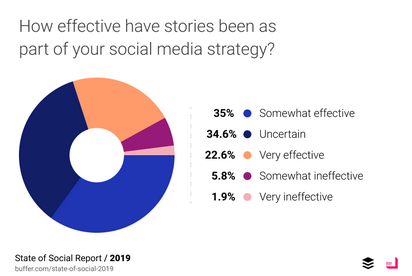
Source: buffer.com
If you want even more targeted outreach, you can invest in ads on Facebook and Instagram. In 2019, 61% of brands adopted this method to improve conversions and engagement.
Since buyers go social to look for product reviews and recommendations, you can work on this angle as well. Encourage existing and past customers to share their favourable experiences with your brand and tag you. They can write reviews on your Google My Business (GMB) listing and rate you. Such user-generated content inspires confidence from prospective clients.
You can also collaborate with influencers to spread the word about your brand. Influencers have a deeply-invested community of followers who trust their recommendations. If an influencer promotes your products, you get buy-in from their followers. The key is to select influencers who have the same niche and audience as yours.
Tip #6: Focus on Customer Experience
A startup should be obsessed with providing the best experience to its customers. Startups are competing with established brands who have earned a good reputation. Positive feedback from customers can help them make inroads in the competitive environment.
Startups also have an advantage. Since they have a narrow user base, they can serve each customer better. And they don’t have to spend a ton doing so.
Use social support as a backup for traditional methods. You can create a dedicated social handle for customer support. Make response time a priority. Use wit and humour to delight customers. Let’s face it, some flare-ups from disgruntled customers are inevitable. In such cases, be proactive in finding a solution.
You can take a cue from Skyscanner’s social media manager, Jen. The airline search engine had a glitch and suggested a flight with a 47-year layover to one of its customers, James Lloyd.
When Llyod vented on Facebook and asked Skyscanner to recommend activities he should do during the duration, Jen used humour to pacify the customer. Her tongue-in-cheek response helped the brand save face and avoid a social crisis.
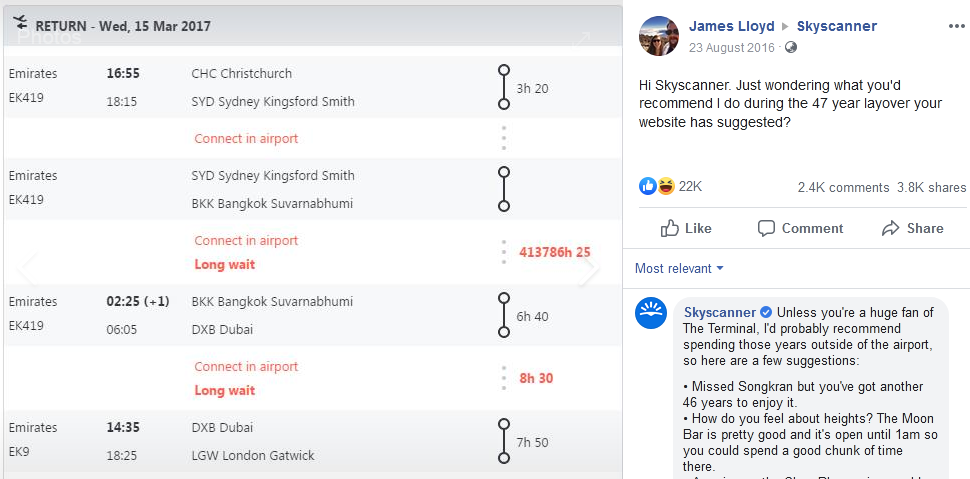
Source: facebook.com
Jokes apart, the point is: the customer is the king for startups. Plan a clear-cut customer support policy with your team. Determine a reasonable response-time window. Make your employees accountable for poor customer handling. Imbibe a customer-first culture in your organisation.
Tip #7: Sell First, Build Later
How can you sell something that doesn’t exist? Naturally, you need to have a well-defined vision about what your product will look like and what it will accomplish. But you need not go into overdrive trying to launch it.
If you are able to sell your vision to investors or customers, you’d have locked in seed capital that can be used for manufacturing. There’s one more benefit of marketing a product which is still on the drawing board. You can gauge how optimistically it will be received by consumers.
In fact, you can make amends to the product design and functionality based on popular demand. You can create iterations and test them on a select group of customers. This kind of feedback loop helps you eliminate risk to a large extent.
Tip #8: Reward Loyal Customers
Your customers are your brand advocates. They can market your products even better than experienced sales reps. Their testimonials can help you attract new customers. So, make sure that you reward your loyal customers amply.
Startups typically don’t have deep pockets. So, giving away lavish freebies may not be an option. But you can extend priority customer service and exclusive deals to them. You can even let them have first digs at upcoming products or offer them reduced rates on post-sales services.
Having a rewards system is also a great way to foster loyalty in customers. It’s important to promote your customer loyalty program extensively so that it doesn’t become mere lip service. Let customers know how they can redeem the reward points they collect.
Music-streaming app, Renaissance, awards a star to a customer every time they stream 20 tracks using Spotify. Customers can exchange stars for concert tickets, merchandise, or shout-outs from their favourite music artists. The app’s loyalty program is so popular that their tagline is “Listen. Earn. Connect.”
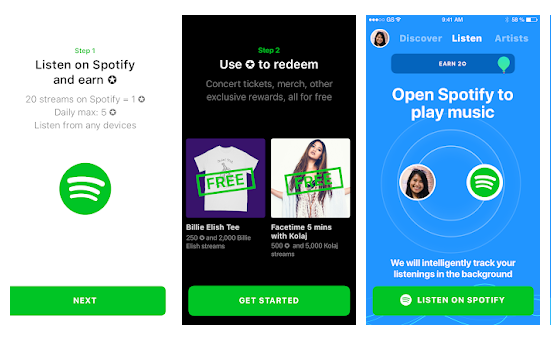
Source: play.google.com
Conclusion
Sales and marketing are the lifeblood of every business. Even more so for startup owners who don’t have the luxury of a plan B. It becomes even more challenging if you don’t have a natural flair for selling. These tips will give you the confidence to approach marketing in a scientific way. With time, you can strive to become a pro at it.
